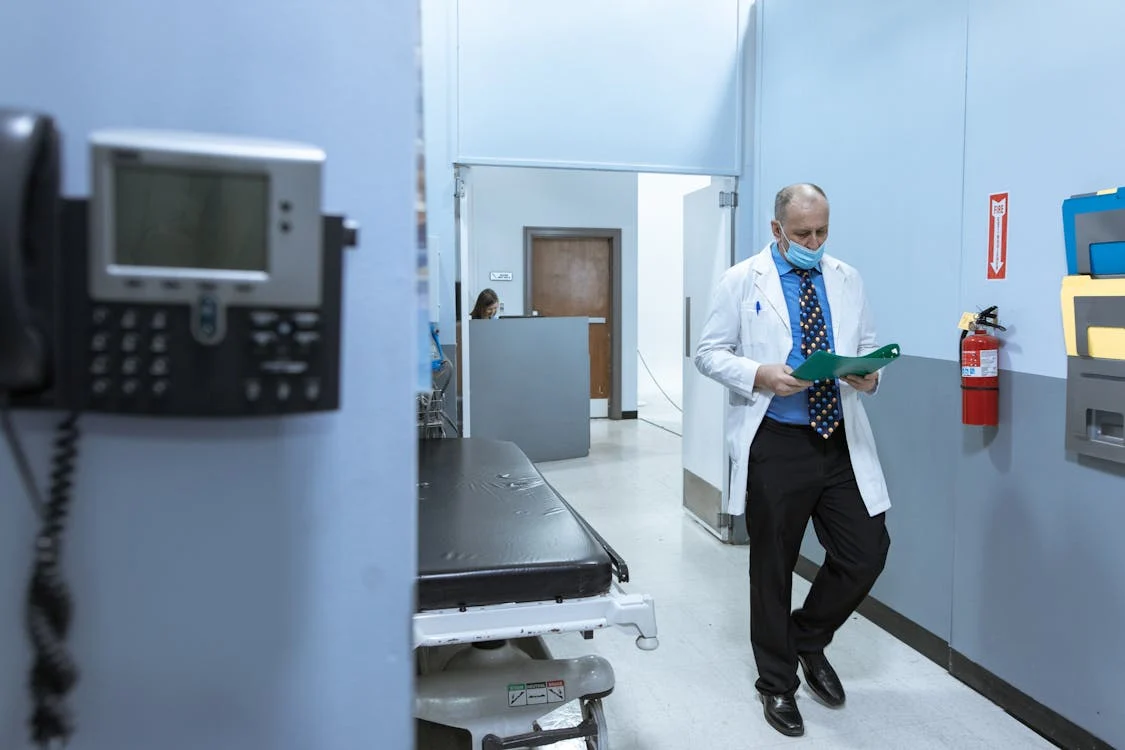Health screening is a pivotal aspect of proactive healthcare management. Regular health screening allows individuals to monitor their health status and detect any potential issues early on, paving the way for timely interventions and better health outcomes. In this blog post, we’ll delve into the world of health screening, deciphering its significance in maintaining overall wellness and guiding readers in choosing the most suitable screening options for their needs.
Understanding Health Screening
At its core, health screening involves a series of tests and assessments aimed at identifying potential health concerns before symptoms manifest. These screenings encompass a wide range of medical evaluations, including blood tests, imaging scans, and genetic testing, tailored to assess different aspects of one’s health. By undergoing regular health screenings, individuals can gain valuable insights into their health status and take proactive measures to address any underlying issues promptly.
Benefits of Health Screening
The benefits of health screening are manifold. One of the most significant advantages is the early detection of diseases or health conditions, allowing for prompt treatment and better management outcomes. Moreover, health screenings empower individuals to identify risk factors and make informed decisions regarding lifestyle modifications or preventive measures. By incorporating regular health screenings into their healthcare routine, individuals can take proactive steps towards maintaining optimal health and well-being.
Different Types of Health Screening
There is a myriad of health screening options available, each serving a unique purpose in assessing various aspects of health. Common screenings include cholesterol tests, blood pressure measurements, mammograms, and colonoscopies, among others. The frequency and necessity of these screenings may vary based on factors such as age, gender, and personal health history. Consulting with a healthcare professional can help individuals determine the most appropriate screenings for their specific needs.
Factors to Consider When Choosing Health Screening
When selecting health screening options, several factors merit consideration. Cost is often a significant consideration, as some screenings may be more expensive than others. Additionally, individuals should evaluate the accuracy and reliability of the tests, ensuring they provide trustworthy results. Personal health history, family medical history, and lifestyle factors should also inform the decision-making process, guiding individuals towards the most relevant screenings for their circumstances.
Integrating Technology in Health Screening
Advancements in technology have revolutionized the landscape of health screening, offering innovative solutions to enhance accessibility and convenience. Wearable devices, mobile apps, and telemedicine platforms enable individuals to monitor various health indicators from the comfort of their homes, facilitating proactive health management. While technology-assisted health screenings offer undeniable benefits, it’s essential to recognize their limitations and supplement them with traditional screenings when necessary.
Takeaway
Health screening serves as a cornerstone of preventive healthcare, enabling individuals to take charge of their well-being proactively. By understanding the significance of health screening and selecting the most appropriate screening options tailored to their needs, individuals can embark on a path towards lifelong wellness. Remember, regular health screenings are not only about detecting diseases; they’re about empowering individuals to lead healthier, happier lives.











